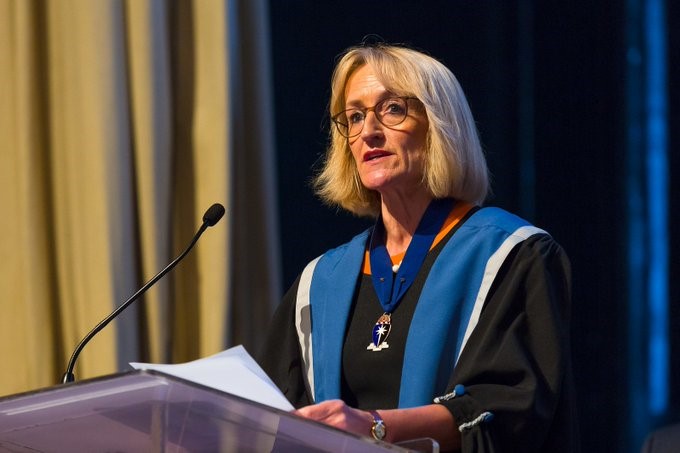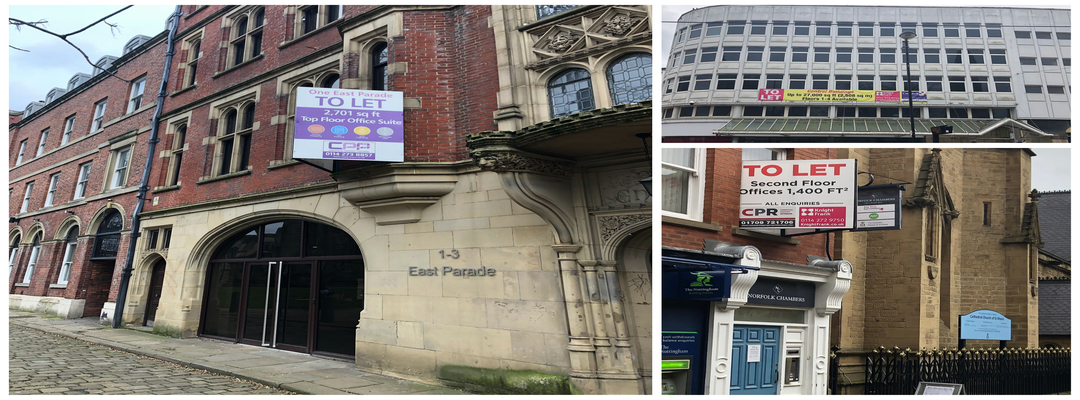Endometriosis UK has launched a campaign to put an end to the ‘thoughtless’ language used when talking about the debilitating condition.
The word ‘benign’ is frequently used when describing any gynaecological issue that is not cancer, but endometriosis patients feel it undermines their condition.
Emma Cox, CEO of Endometriosis UK said: “The impression is those with the disease and other gynaecology conditions are less in need of timely support and treatment, even though their symptoms can be severe and life changing.”
The nationwide campaign, which launched last month, has opened the discussion on how women’s health conditions are often dismissed.
Janice Rymer, Professor of Gynaecology at King’s College London and former National Advisor of Gynaecology, said: “Women have been dismissed for a very long time but I think the media is helping at the moment to really raise awareness of endometriosis, of termination, of menopause and other conditions are getting a lot of air time now, which is great.”
The average diagnosis time for someone with endometriosis is eight years. According to Endometriosis UK, 1.5 million people are living with the condition, but with NHS waiting times increasing, it is likely to be much higher.
Prof Rymer said: “Many women are crippled by the pain and if you have severe endometriosis affecting other organs, it is a major disease. Women go back and forth and are dismissed.”
Endometriosis is a medical condition where cells similar to those that make up the lining of the womb are found elsewhere in the body. These cells then break down, build up inside the body, and create scar tissue. This leads to inflammation and extreme pain. Symptoms of the condition include heavy bleeding, fatigue and infertility. This often leads to depression due to isolation, difficulties working, and strained relationships.

Charlotte Grahame, 28, a clinical psychologist from Sheffield, waited 11 years to get a diagnosis and was initially told it was “just part of being a woman”. She was 15 when she first noticed symptoms and was diagnosed at 26.
“I had about 15 ultrasound scans over the years which all came back clear because they are not great at picking up endometriosis,” explained Charlotte. “I was then discharged and sent on my way again. It’s been a long journey. It can feel so all-consuming to your life.”
Another sufferer, who we have given a false name, was left unable to work due to her condition, first experienced symptoms when she was 15. After years of feeling dismissed, her parents helped pay for a private laparoscopy, the gold-standard surgery for diagnosing endometriosis.
Doctors suggested surgery to remove the endometriosis but none of the specialists who could carry out the operation were based near her home town and she could not afford long-term private treatment.
Elizabeth* has felt at times her condition has not been taken seriously and became so overwhelmed she attempted to take her own life, but was stopped by a police officer, who had a wife with endometriosis.
She explained: “It felt surreal at the time that she showed up. Seeing her reminded me of what I wanted to be as a kid. Being gay myself it felt like an amazing coincidence that she showed up and that she had experience with endometriosis.
“I understand that doctors are probably emotionally exhausted and cannot be completely empathetic but it really felt like some of them were not listening or didn’t care at all. The language and the way they often discuss endometriosis can be very frustrating. It can feel like they are belittling me and the pain of symptoms.”
A third sufferer, Jessica Arnold, 30, was diagnosed when she 28 after struggling with symptoms for 12 years. She had been told during an invasive exam her pain was psychological.
Jessica filed a formal complaint against a nurse who suggested her chronic pain was due to childhood abuse and were not symptoms of endometriosis.
She said: “I think because I’m quite strong willed I felt able to say that it was physical pain not psychological. But I know that it would be difficult for a lot of women to be able to advocate for themselves in that situation.
“Sometimes I think medics forget we’re real people experiencing this rather than a study or a case file and what they say can be incredibly harmful.”
The language used to describe endometriosis needs to accurately reflect the experiences of those living with it needs to support the feelings of those suffering with the condition.
Prof Rymer said: “It all comes down to education. Educating women to speak up for themselves. That’s the key to empowering women to speak up and not get fobbed off. Every woman is different and it’s important for everyone to talk about their symptoms and how it’s affecting their quality of life.”
*Elizabeth is a false name




